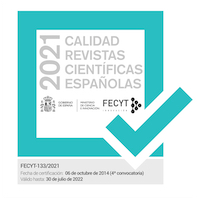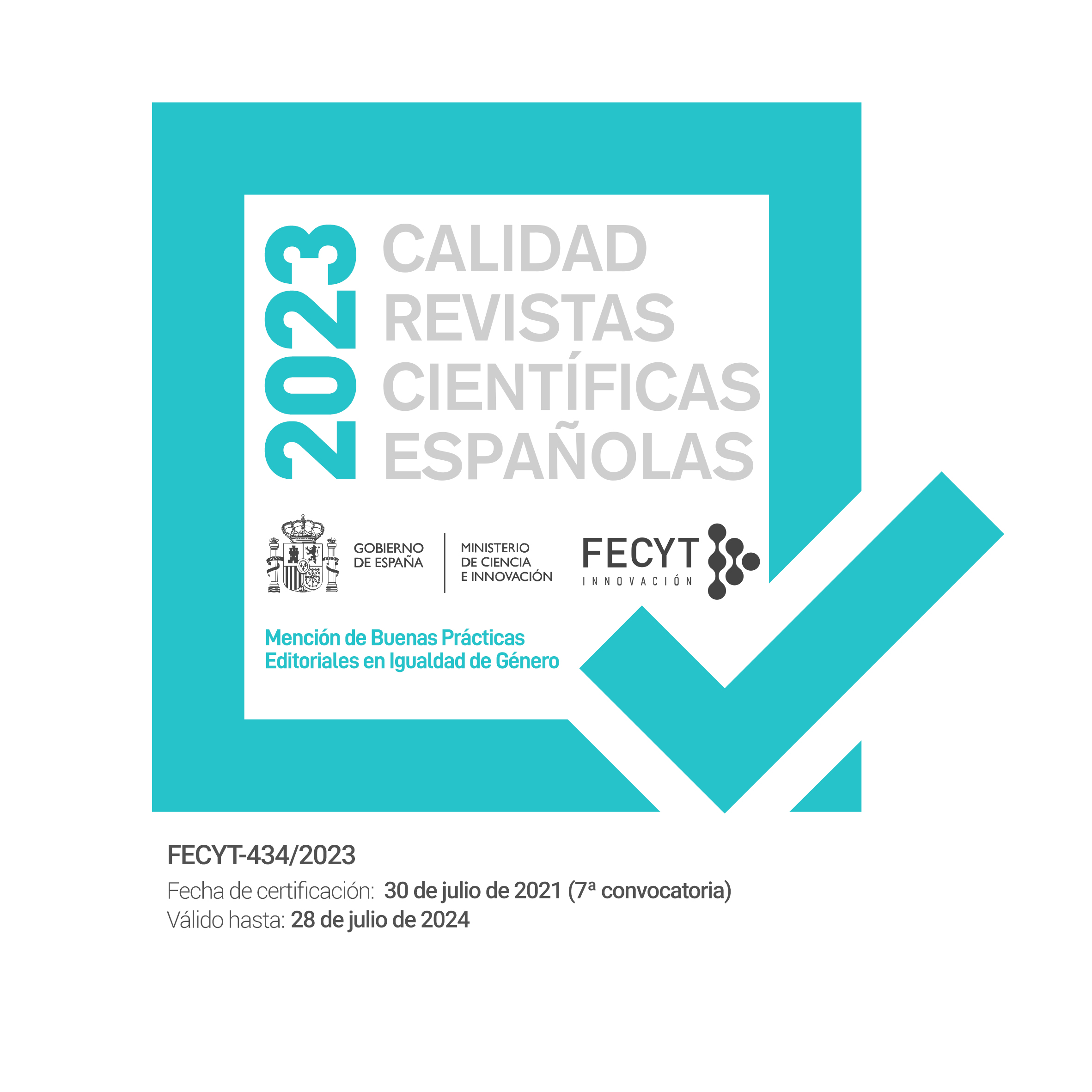Migration flows during the time of Alexander the Great and his relationship with other civilisations
Keywords:
migration, barbarians, cultural assimilation, armed conflictsAbstract
Migrants represent an opportunity to the cities by providing their knowledge and way of life. It’s important to take into account that the world which emerged from the Alexander Magnus’ conquest was no exception. In fact, for years alongside his army, Magnus immersed all over the Middle East until arriving at the Indus river. This period led to the migration originated from those lands; but then, at the same time, a large influx of Greeks arrived towards the new conquered lands leaving their mark. Alexander Magnus’ quest was not only military, but also cultural, creating cities named “Alejandría”, one of them still surviving in Egypt, despite the fact that a large part of it in the bottom of the sea and the archeological remains of some of the more distant ones. In that way, Alexander’s world and its configuration, which was continuously created during his passage through those lands on the East interacting with the different peoples, has left its mark. In consequence of this, to one of the most important migrations of ancient times, making his legacy still alive in the present day.
Keywords: migration; barbarians; cultural assimilation; armed conflicts.
References
Aristóteles. La Política. México, 1958.
Arriano. Anábasis de Alejandro Magno. Vol. 2. Madrid, 1982.
Aulo Gelio. Noches áticas. Madrid, 2007.
Bernardez, Borja Antela. “Alejandro Magno o la demostración de la divinidad.” Revista Faventía 1. Vol. 29. Barcelona (2007): 89-103.
Cardete del Olmo, María Cruz. “La etnicidad como una forma ideológica –religiosa en la Antigua Grecia: el caso del Monte Liceo.” SPAL, Revista de prehistoria y arqueología de la Universidad de Sevilla 15. Sevilla (2006): 189-203.
Cartlegde, Paul. Alejandro Magno, la búsqueda de un pasado desconocido. Barcelona, 2008.
Cavafis, Constantino Petrou. Poesía Completa. Madrid, 1982.
Demóstenes. Discursos Políticos. Barcelona, 1955.
Diodoro de Sículo. Biblioteca Histórica. Madrid, 2012.
Dominguez Monedero, Adolfo. J. “Colonos y soldados en el Oriente Helenístico.” Espacio, tiempo y forma. Historia antigua (1994): 453-478
Eco, Umberto. Construir al Enemigo. Barcelona, 2010.
El Abbadi, Mustafa. La antigua biblioteca de Alejandría, vida y destino. Madrid, 1994.
Esquilo. Tragedias. Madrid, 2000.
Estrabón. Geografía. Madrid, 2003.
Estrabón, Geografía. Madrid, 2015.
Flavio Josefo. “Antiguedades Judias.”
https://archive.org/details/AntiguedadesDeLosJudiosCompletoFlavioJosefo 20/01/2019.
Fox, Robin Lane. Alejandro Magno. Conquistador del mundo. Barcelona, 2007.
Fraser, Peter Marshall. Cities of Alexander the Great. Oxford, 1996.
García Gual, Carlos. “Viajes griegos. Viajes reales y fantásticos.” Viajes y visiones del mundo (2008).
González Echegaray, Joaquín. Pisando tus umbrales, Jerusalén. Navarra, 2005.
Guzmán Guerra, Antonio, and Gómez Espelosin, Francisco Javier. Alejandro Magno. De la historia al mito. Madrid, 1997.
Hamond, Nicholas Geoffrey Lemprière. Alejandro Magno, Rey, general y estadista. Madrid, 1992.
Homo, León. Alejandro el grande. Madrid, 1963.
Hubenak, Florencio. “Las relaciones entre Aristóteles y Alejandro Magno.” Stylos 3 (1994): 113-139.
Isócrates. Discursos completos. Vol. 2. Barcelona, 1961.
Molina Marín, Antonio Ignacio. “Geografía y etnografía en Época Clásica: el descubrimiento de la alterabilidad.” Revista Geográphica: Antig. Cristiana 27. Murcia (2010) : 93-124.
Palau Vera, Juan. Vida de Alejandro Magno. Barcelona, 1914.
Plinio el Viejo. Historia Natural. Libros III-VI. Madrid, 1998.
Plutarco. Vidas paralelas, Alejandro-Julio Cesar. Madrid, 1967.
Plutarco. Obras morales y de costumbre. Vol. 13. Madrid, 2010.
Quiles, Ismael. Aristóteles vida, escritos y doctrina. Argentina, 1944.
Quinto Curcio, Rufo. Historia de Alejandro Magno. Madrid, 1985.
Sófocles. “Las Traquinias.” textos.info.biblioteca.
Will, Edouard. "Guerre, acculturation et contre-acculturation dans le monde helenistique." Revista Polis 1 (1988).
Wirth, Gerhard. Alejandro Magno. Barcelona, 1989.









